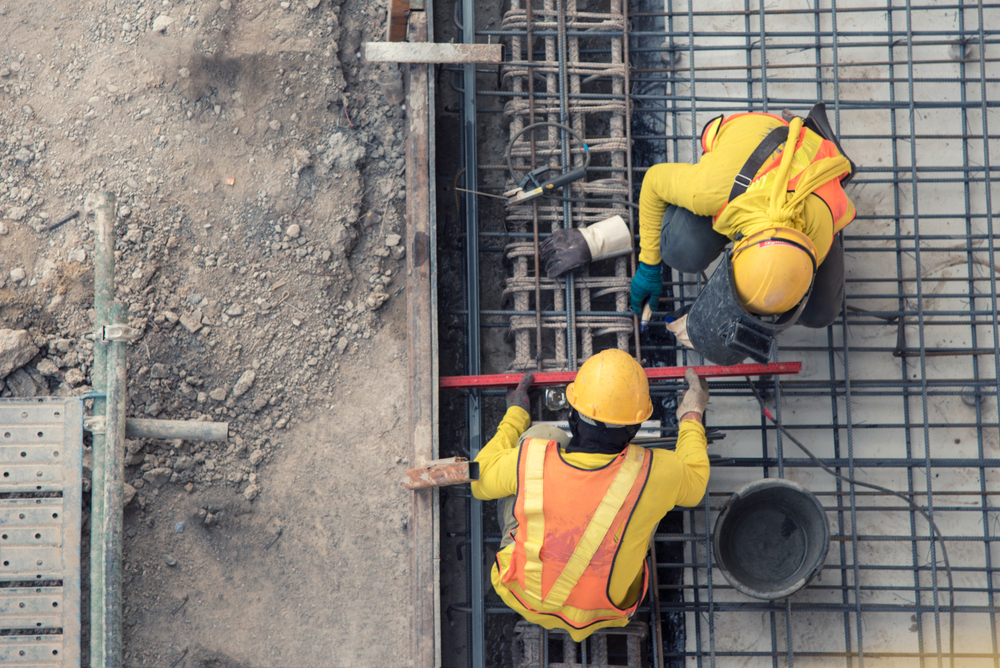 You know it could be coming, and it might even happen within the week. When whole states are shutting down construction projects to try to slow the spread of COVID-19, it may not take long before your contracting business is affected. There are times throughout your career that you will need to suspend work on an ongoing project due to weather problems or even a contract dispute. If you have to shut down, even for just a few days, here’s a checklist of things you should confirm before you leave the site.
You know it could be coming, and it might even happen within the week. When whole states are shutting down construction projects to try to slow the spread of COVID-19, it may not take long before your contracting business is affected. There are times throughout your career that you will need to suspend work on an ongoing project due to weather problems or even a contract dispute. If you have to shut down, even for just a few days, here’s a checklist of things you should confirm before you leave the site.
Organize Paperwork
Unless your business operates exclusively electronically, there is probably a few pieces of paperwork that you will need to take with you. This might include:
- Contracts
- Purchase orders or invoices
- Equipment rental information
Make sure that you know where everything is. If you are required to leave some of it at the jobsite, double check that you have copies that you can access elsewhere.
Update Status of Project
Once you have left the jobsite, it may be much more difficult to establish where you were at for specific aspects of the job. Take the time to assess the status of each task and document what has been completed before you go.
Confirm Contact Information
Regardless of the reason you need to shut down a project, you will probably need to be in regular contact with your employees, subcontractors, suppliers and clients. Make sure that you have the correct information for all involved parties, especially a way to reach them if they are not currently working in the office.
Identify Items to Remove
If you suspect that it may be a while before you’re able to come back to the jobsite, it’s a good idea to remove at least some of the things that belong to your company. This might include laptops, materials and other equipment. Make a checklist of what you need to take with you so that you can confirm you’ve got it before you go.
Determine What Needs to Stay
Likewise, there will be many things that you must leave at the jobsite. Be careful of taking anything with you that does not belong to you, to avoid getting into a dispute over the contract. If it’s not yours and you are worried about leaving it at the site, make a note of this and contact the person responsible for it so they are aware of the shutdown.
Arrange for Equipment Pickup
If you’re renting equipment or using resources of another business, they may need time to pick it up before the jobsite is closed. Be sure to give them as much notice as possible to collect the equipment or arrange for someone else to get it.
Protect Against Weather
If you suspect weeks of waiting, you may need to protect the site against heavy rain or winds. Cover open piles or pits, and secure loose materials so that they do not topple over or blow around. Avoid placing anything against a security fence or in obvious view from the street.
Notify Employees and Subcontractors
While you wait for the site to reopen, everyone will need to stay away. Contact any of your employees or subcontractors working on the project to let them know. Confirm you have a viable way to update them once you have new information.
Post Notifications
Just in case someone didn’t get the message, create a sign that you can post somewhere alerting people to dangers on the jobsite. You may also need to post a notification that the site is currently closed.
Secure the Jobsite
The last step is to secure the jobsite. You can do this by:
- Securing materials
- Locking up equipment
- Moving technological devices out of visibility
- Locking the fence or gate
- Turning on a surveillance system
This decreases the likelihood that anyone will try to break in while you are out.
Waiting on a shutdown can be intimidating, but it doesn’t have to ruin your project. Taking these 10 steps ensures a better result. To start building toward your own contracting business, visit CSLS today!








